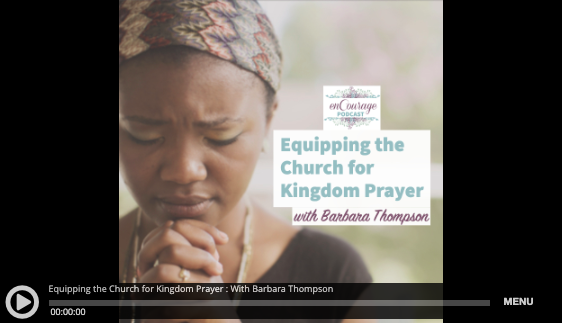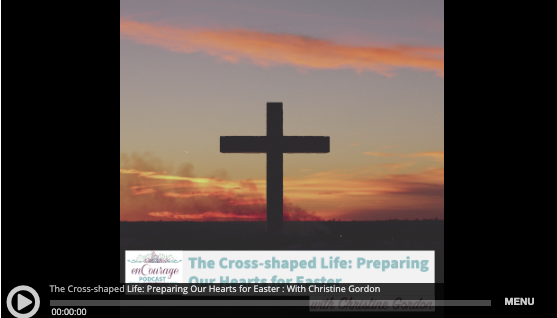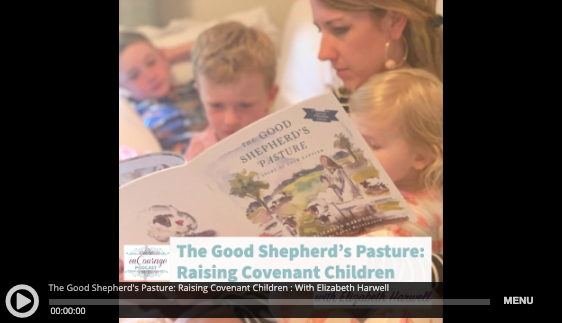Our Light and Life: The “I Am” Statements of Christ
Some of my most treasured childhood memories are of the post-dinner stories my grandfather told. Most of the time he was a man of few words, but without fail, after he finished eating, his pushed his chair back, linked his fingers together, and rested his hands on top of his post-retirement pot belly. As a smile spread across his face, he looked at us and asked, “Did I ever tell you about the time . . .” Through his stories, he transported us back to 1940s Jackson Square, to the French Quarter beignet shop where men in tuxes and women in ballgowns dropped white sugar all over their carnival attire. He took us on grand adventures such as sleeping under picnic tables while hiking the rim of the Grand Canyon and working odd jobs on the home front while older family and friends fought across Europe and the Pacific. It’s been fifteen years since I heard him tell a story or seen his full-bellied laugh, but I can remember those precious moments like they were yesterday. Those stories taught me my family history, and later in life his stories helped me understand parts of who I am. Knowing Ourselves by Knowing God “Who am I?” Is there a question more central or universal to the human experience? These three little words, this tiny question, can take a lifetime to unravel. For generations, poets, songwriters, sociologists, and anthropologists (just to name a few) have attempted to romanticize or research their way to a deeper understanding of human and personal identity. For those of us who are Christians, the question is also warranted. God invites His people to freely ask identity questions, knowing in His kindness He already gave us the answers in His Word. As we study God’s Word, as we begin to digest God’s divinity, His story and promises, we are invited to understand the fundamental truth: there is no real knowledge of self without a knowledge of God. And at the core we cannot truly answer the question “Who am I?” until we have answered, “Who is He?”...










